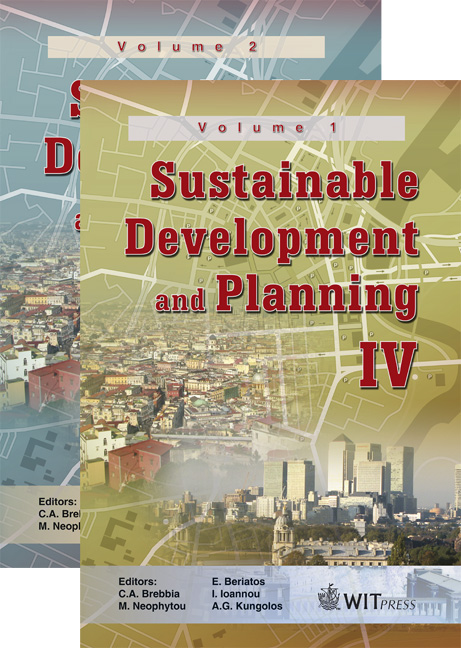Economic Development Versus Conservation – A Case Study In A South African Coastal Area
Price
Free (open access)
Transaction
Volume
120
Pages
10
Page Range
985 - 994
Published
2009
Size
233 kb
Paper DOI
10.2495/SDP090932
Copyright
WIT Press
Author(s)
C. J. Visser & N. E. Bisset
Abstract
South Africa is a developing country with scarce water resources. Water is needed for economic development while the protection of the environment is of critical importance. As a result of historical imbalances, the access to industrial and agricultural water was in the past to a large extent controlled by a small percentage of the population in the country. After 1998 the principles of allocation and use of water changed dramatically. Equitable access to the benefits of water resources, the sustainable use of water and the protection of water resources, became the main criteria. With the assessment of applications for water use authorisations, the water authority must evaluate the relative importance of economic development and conservation. In a country with high levels of unemployment the protection of the environment cannot be at the expense of all development, but at levels that are sustainable in the long term. Plettenberg Bay is a rapidly developing coastal holiday resort with big differences in income between socio-economic groups. There is also resistance to new developments in some circles. This town applied for authorisation to increase their abstraction of water from the Keurbooms River, which is the main source of water while it also flows through an ecologically sensitive estuary. This paper explains the principles applicable to the authorisation procedure and it also presents a case study that shows the practical steps that were taken to accommodate different interest groups while trying to strike a balance between conservation and development. Keywords: arid country, historical imbalances, redress, equitable access, sustainability, resource protection, beneficial use, public interest.
Keywords
arid country, historical imbalances, redress, equitable access, sustainability, resource protection, beneficial use, public interest.





